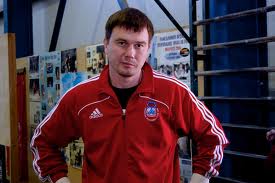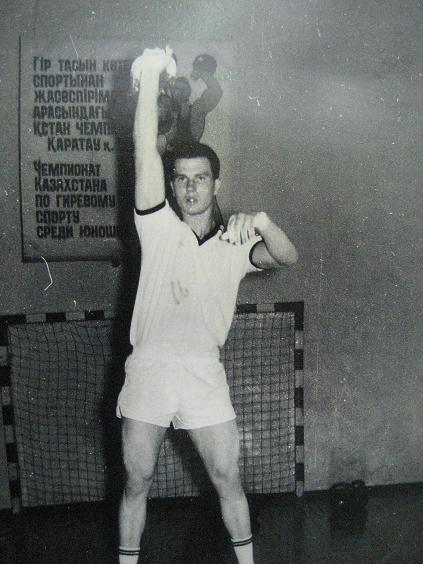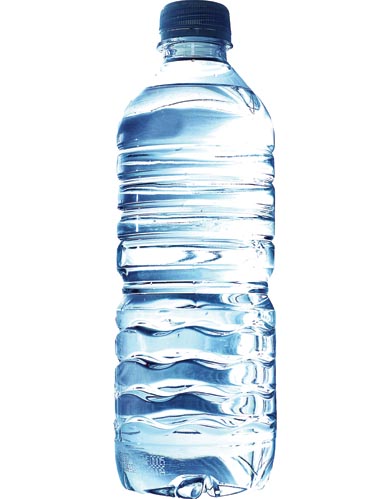Hydration, and getting it right in training, is something most people who train regularly feel they get right. You can see these guys in virtually any gym, knocking back the water before and during training. Coach and world champion Valery Fedorenko, however, has a more reserved take on getting re-hydrated. His views are based primarily on his own experience as a competitor and now coach of high end athletes, but he believes the effects of drinking at the wrong time can apply to us all.
“For me it was a familiar pattern. Always, coming back home after competition, it was airport, and all the travel arrangements, shower, eat, and then (if I was lucky) I would get to take a break for a couple of days. Straight away, my body would put on weight. When you’re working every day in the gym you don’t have to give a thought to controlling your weight. In competition of course, weight is key, and if you can keep your water intake down that will be better for the question of bodyweight. It’s not really that good to drink in the middle of your sets, you will be uncomfortable and will sweat too much.”
“Well, I guess, it depends on the discipline you are training for. If we’re talking about 10 minutes Jerks, or 10 minutes Snatch you don’t need much water, and you can control it. High level athletes are just not worried about getting dehydrated, they are not constantly drinking, drinking, drinking. I mean it is important but there’s two different things going on here: the overweight fitness client needs water differently from the athlete. For the obese the drinking will cause more sweat, which helps the detoxification process. But the high level athlete has no need to hold in water. I see it like this: the overweight person expends (and so “needs”) plenty of calories just to carry their own body. But a body with less skin and fat needs less water, just like a thoroughbred horse doesn’t drink much before a race.”
“So, how much is enough? I would say no more than 400ml water to do 10 minutes of hard work. The athlete will start to sweat after 5-6 minutes intense activity, so that 150ml of water is lost. When he trains, the nervous system and muscles work together. In Snatch, particularly, it’s those small muscles that are so crucial to a good performance. Too much water, and grip fails. We are not trying to pump the muscle, just get it to grip and hold fast. Water isn’t going to help here.”
“Competition conditions push the athlete a little further, and before competing, it is maybe best if you lose water, say 1-2 kg. It won’t affect strength and muscle. A body builder might lose 15kg before lifting to look good on the platform. Different disciplines will have different demands upon the body though. In Strong Sport, 2 minutes each hand, you need extra water, you want to be a little bit fat, it’s a different preparation. Eating too is sometimes an option: for a 5 minute Jerk set you can potentially eat before and not throw up. If you’re tackling a 10 minute Jerk set you can’t eat.”
Fedorenko himself was used to being told a category and train for that, so the gym could try to win across the board. On one occasion he was registered to participate in the national championships but in the 90 kg category, so he needed to weigh 80.1 kg, and had to drink and eat more than he wanted or was comfortable with in the build up to the weigh in.
“So, I got to 80.1, had to gain 5kg to do it. I won the competition, first place, and our gym won in every category. But I did only 110 jerks, I was not excited, and I felt fat. With the extra weight, I didn’t demonstrate the best of reps because of the extra weight I was carrying.So extra water and extra calorific intake, they’re not the athlete’s friend, really.”



